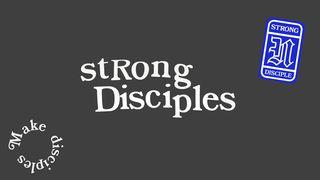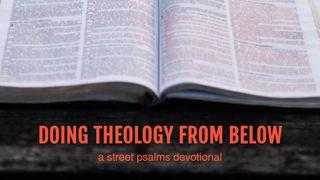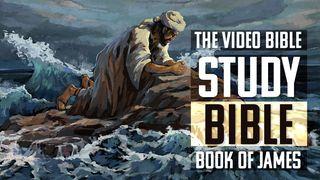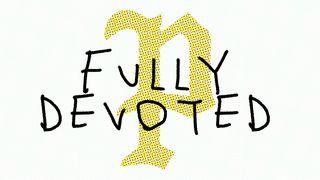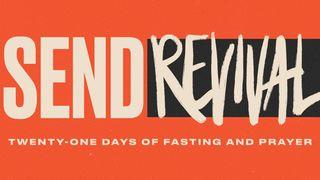Deuteronomy: At Journey's EndSample

The disadvantaged command our concern
Would it not be easy to come to this chapter and groan inwardly? More laws! How we need to remind ourselves that all this too is the word of God! A particular law may reflect a bygone society; it may suggest an inapplicable procedure; but it is still intended as a vehicle of divine truth; it still speaks to direct us.
The guilty party at court (vv. 1–3), for example, must be allowed due process of law (v. 1a); sentence must be by those authorised to pronounce sentence (v. 1b); and punishment must be under supervision (v. 2a), must be appropriate to the crime (v. 2b), and must not be dishonouring or degrading (v. 3).
The regulation about oxen (v. 4) is one we do not expect here, but that does not mean it is out of place or misplaced by some clownish editor. No, it is among its companion laws to make us see how important it is in the eyes of God. Our animals are always capable of being disadvantaged; it matters how we treat them.
Brothers-in-law may well be grateful that verses 5–10 do not apply today! But the principle does apply: widows are our care, especially those in our own families (see 1 Tim. 5:8, 16).
The law about the intervening wife (vv. 11–12) is, of course, here to warn us that not every intervention on behalf of the disadvantaged is allowable. The sentence (v. 12) is the only case of penalty by mutilation in the Old Testament, and, very likely, the existence of this law would have guaranteed by itself that it would never need to be carried out! It does imply, however, that some greater offence than immodesty must be in mind. For example, perhaps the man was so injured in his private parts that he became infertile. Speculation, however, takes us nowhere. We are simply warned that intervention on behalf of those we see as disadvantaged must be thoughtful, appropriate and controlled.
Customers can be at the mercy of shopkeepers (vv. 13–16)! Perfect weights and exact measures are a safeguard against selling underweight for overprice.
In verses 17–19 there is another example of inappropriate action against the disadvantaged. The Amalekites’ attack was against the Israelite stragglers, who were tired and weary (v. 18) – presumably the slow, the elderly and the disabled. In the sight of the Lord this was a capital offence, and a warning regarding every interventionist act of war.
Reflection
In Matthew 26:51–54 Peter’s intended action fell well within the ‘rules’ of a just war (as it is now called). Jesus would have none of it.
Scripture
About this Plan

In these daily undated devotions, Alec Motyer explores the timeless truths of Deuteronomy and applies them to our lives today. Just as the Israelites did, we can appreciate the wonder of God’s grace to us through repentance, experience His committed love for us, and learn more about walking in His ways.
More
We would like to thank 10ofThose for providing this plan. For more information, please visit: https://www.10ofthose.com/
